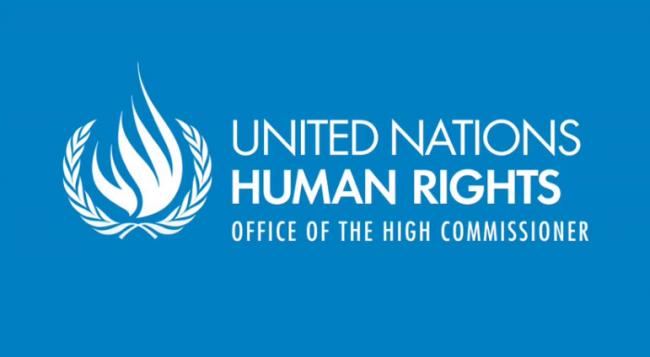25 May 2015, 03:03 pm Print

“These new laws could be used to muzzle dissenting opinions and deter human rights defenders, academics, journalists, students, politicians and civil society members”, David Kaye, the UN Special Rapporteur on freedom of opinion and expression, warned today in anews release.
Ambiguous and imposing harsh penalties, the amended Criminal Code also includes up to seven years in prison for a wide range of legitimate expression, according to Kaye.
“Nauru should allow free space for expression without fear of criminal prosecution,” he said, adding that “it should lift all restrictions to access internet and social media, and facilitate access to the media in the country.”
Since April, the authorities have blocked access to social media and internet to prevent pornography and “cyberbullying” and to protect the national culture.
These restrictions, however, are “designed to prevent asylum seekers and refugees in the country from sharing information on their situation,” stressed the independent expert.
Kaye therefore called on the Government to revise norms to fulfil its human rights obligations.
Nauru has also curtailed the freedom of press. It imposed a prohibitive $6,500 fee for a single entry visa for foreign journalists in 2014.
Special Rapporteurs are part of what is known as the Special Procedures of the Human Rights Council, an independent fact-finding and monitoring mechanism that addresses specific country situations.
Credit: OHCHR
- Ali Khamenei (1939–2026): Iran’s Supreme Leader who ruled with an iron grip
- Trump signs 10% global tariff, says it takes effect ‘almost immediately’
- BJP wins a seat in Bangladesh — But not the one you think!
- Meet Shabana Mahmood: Could she take over as UK’s first Pakistani-origin Muslim PM?
- Dalai Lama's Office breaks silence on Epstein claims





-1763561110.jpg)
